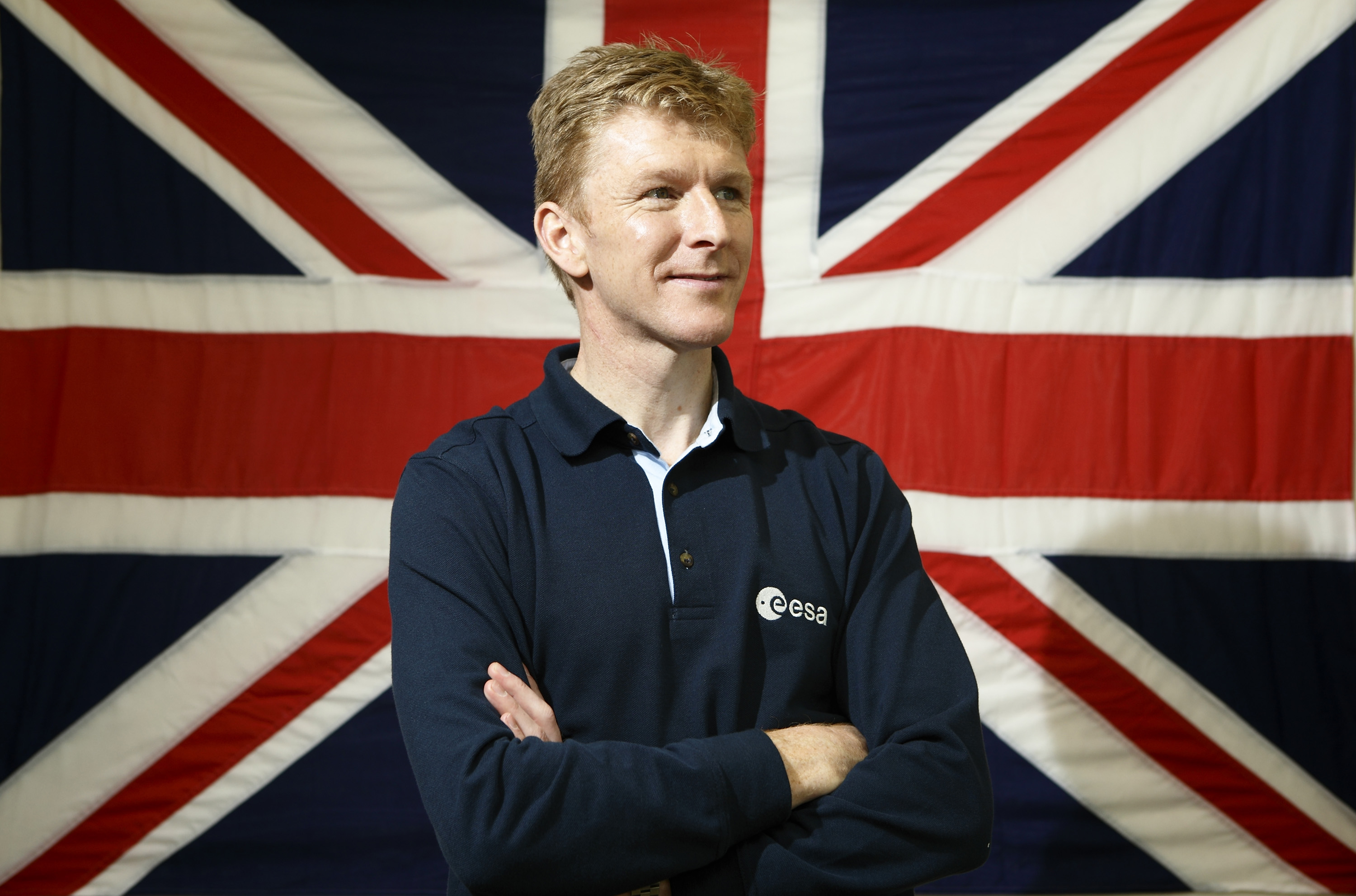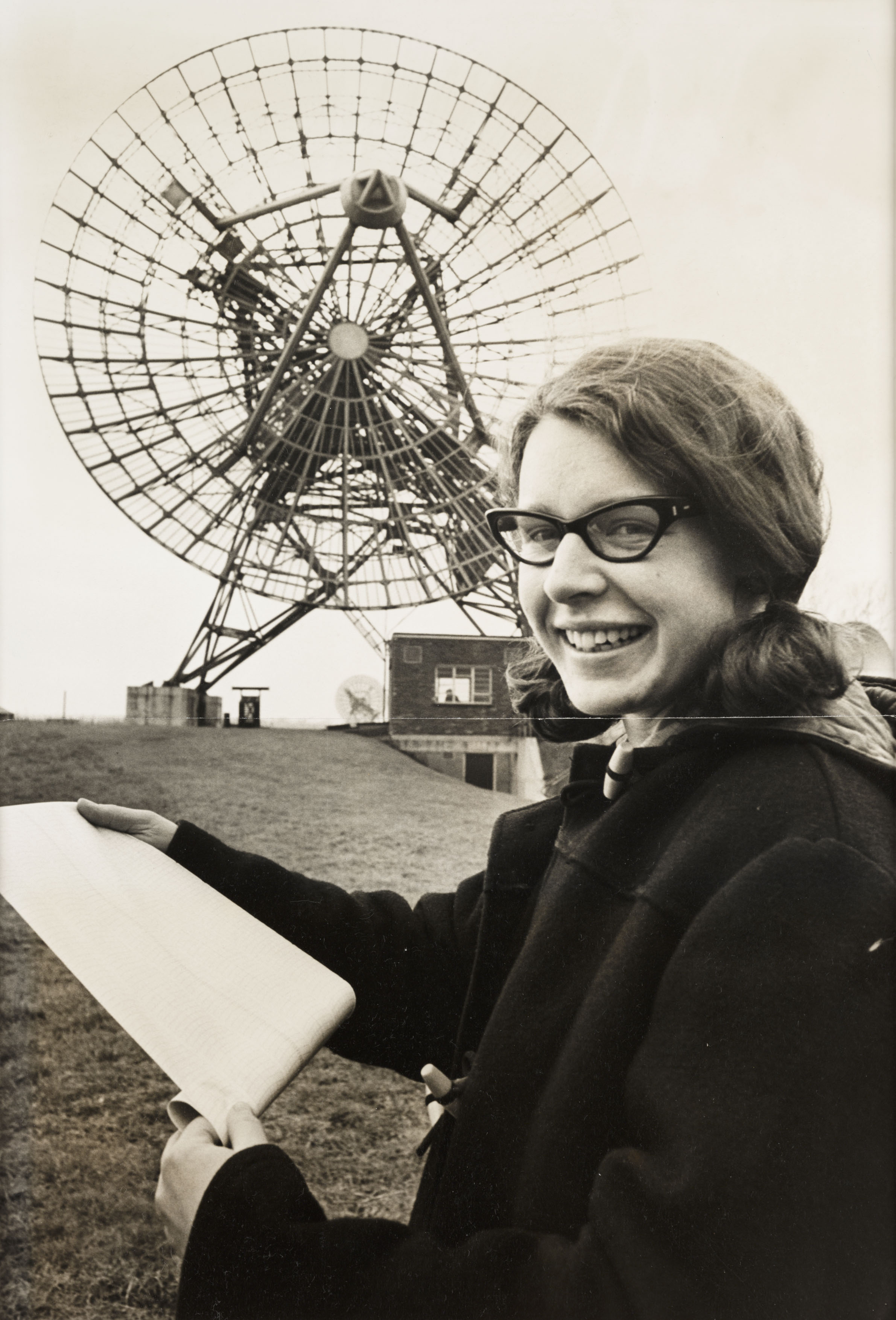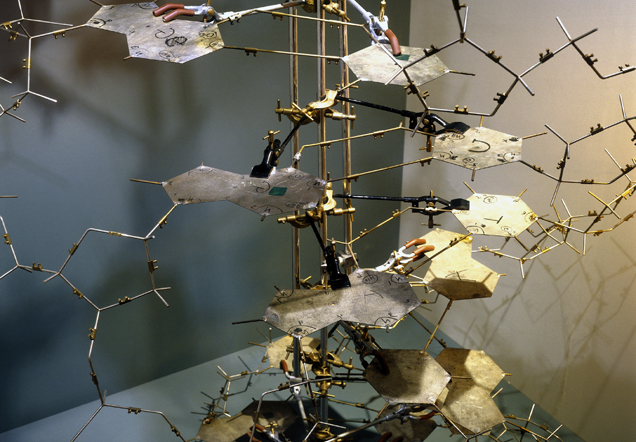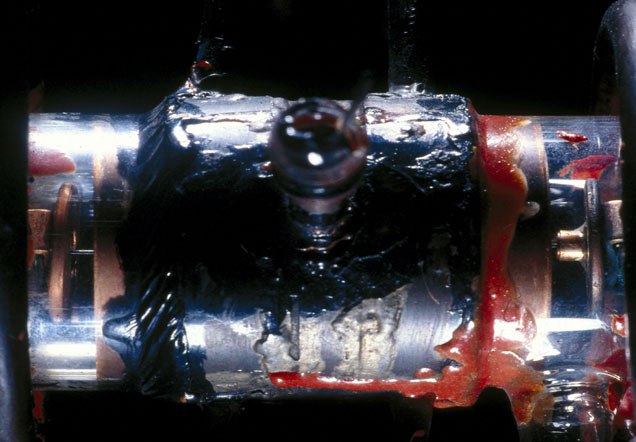Meet the staff members that make the Museum so unique and get the insider scoop on upcoming exhibitions, research projects and new objects.
The Science Museum has welcomed many astronauts and cosmonauts over the years and each time our visitors have been spellbound. Today, we witnessed the announcement of Briton Tim Peake’s mission to visit the International Space Station, ISS. Peake (who tweets as @astro_timpeake), will join Expedition 46 to the ISS, and will be carried aloft by a Soyuz mission in November 2015. His selection by the European Space Agency was announced to the world’s media in the Science Museum’s IMAX at an event introduced by […]
Roger Highfield, Director of External Affairs at the Science Museum Group, writes about the 2013 Director’s Annual Dinner held in the Museum.
Harriet Lamb, Senior Individual Giving Executive in our Development team, writes about the history of the 1851 Great Exhibition. Early May marks the anniversary of the opening of the Great Exhibition of 1851 (and therefore the origins of both the Science Museum and Victoria & Albert Museum). 100,000 objects from art to machinery, from all over the world were on display in an enormous purpose built glass structure – so big that it arched over two of the trees in Hyde […]
The Museum is looking for participants to help us create content and design a new way for visitors to engage with the objects on display in the museum.
The museum’s plans to create a £4 million Media Space – a showcase for photography, visual media, technology and science – were outlined a few days ago to leading figures in drama, film and the arts, from Jenny Agutter and Imogen Stubbs to Terry Gilliam and Ben Okri. Ian Blatchford, director of the Science Museum Group, give an overview of how the new venture will open on the second floor of the museum this September to display some of the finest collections on the planet […]
The unpredictable British weather has had a big impact on our lives already this year. So, as we emerge from the April showers, what better theme for a Lates evening is there than the science of climate change?
Quantum dots will change the world says Prof. Jim Al-Khalili, and they deserve your vote as the innovation most likely to shape our future.
“No technology has been so pervasive so quickly as the internet. Twenty-five years ago it was a mystery to most people and now several billion of us use it everyday, several times a day.” Brian Eno on why you should vote for the the World Wide Web.
A 1970s aviation icon and triumph of engineering: Why Concorde is the greatest British innovation of the past 100 years.
In 1967, a twenty-four year old post graduate student made one of the greatest astronomical discoveries in living memory. We take a quick look at the 1960s discovery of pulsars.
Almost all frontiers of biological research in the 21st century owe their origins to the discovery of the structure of DNA by two Cambridge scientists and their contemporaries at King’s College London 60 years ago.
You might wonder what the humble microwave oven, University of Birmingham and changing the course of World War II have in common. The answer: the cavity magnetron.






